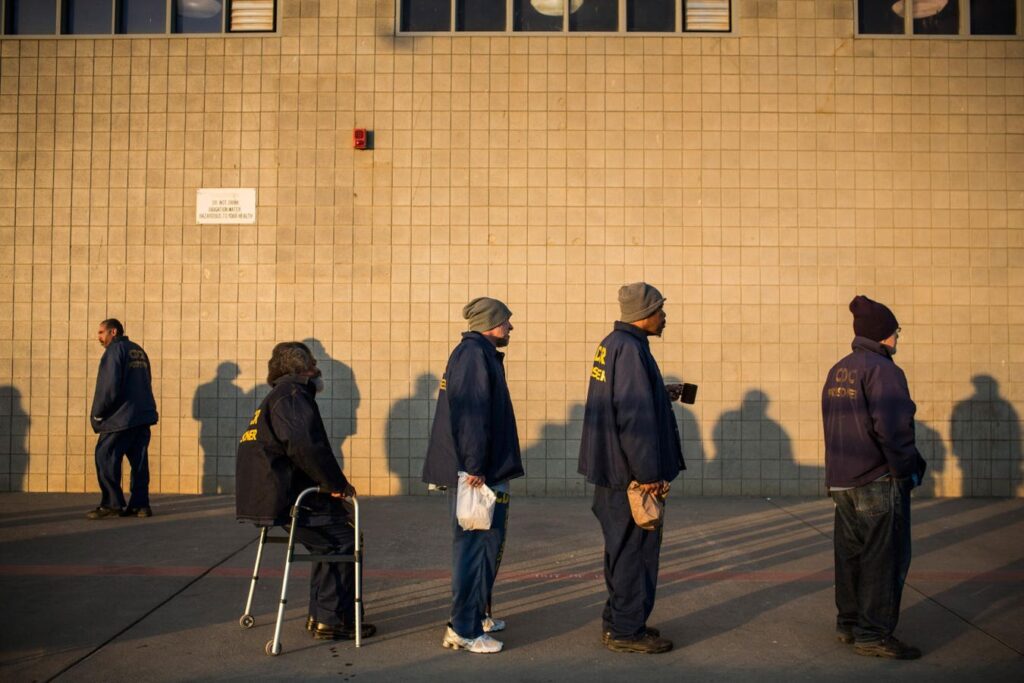
Peer Caregiving in Prisons: A Humane Response to a Growing Healthcare Crisis
The healthcare crisis affecting older adults in prisons is a pressing issue that demands attention and innovative solutions. According to the Bureau of Justice Statistics, 60% of women and 47% of men in state prisons have at least one chronic condition, such as diabetes or hypertension. The need for palliative and hospice care has never been more urgent.
One approach that is showing great promise is peer caregiving, a model that empowers prisoners to take an active role in supporting each other’s health and well-being. This concept is not new, but the focus on its implementation within prison walls is crucial. By harnessing the power of pre-existing communities within prisons, we can create a supportive environment that not only improves the quality of life for those in need but also reduces the burden on medical staff.
Humane, a non-profit organization, has been at the forefront of developing and implementing this model. Their peer caregiving program builds upon established relationships between prisoners, allowing them to receive care from people they trust. This approach is particularly effective as it leverages the social connections already present within the prison community.
Laura Musselman, Director of Communications at Humane, highlights the importance of respecting these existing communities: “What we’ve found is that there are communities of care in many prisons across this country… And those pre-existing communities of care is where we start.”
By empowering prisoners to take charge of their own care and well-being, peer caregiving programs can have a profound impact on the prison environment. For instance, small acts of compassion and kindness can accumulate over time, fostering a culture of empathy and respect within the institution.
The benefits of this approach are twofold. Not only do we alleviate the pressure on medical staff who are often overwhelmed and under-resourced, but also provide an opportunity for prisoners to develop essential life skills such as communication, trust-building, and self-care.
To establish a palliative/hospice peer caregiver program at your local prison or correctional facility, follow these three steps:
1. Research existing programs and resources in your area.
2. Develop relationships with the prison community through volunteer opportunities or established groups that have a connection to the facility.
3. Partner with hospice organizations, end-of-life caregivers, and prison administrators to create a comprehensive program.
Humane has successfully implemented this model in five prisons across California, training 118 peer caregivers and is working to expand its care model to other states.
Source: www.forbes.com


